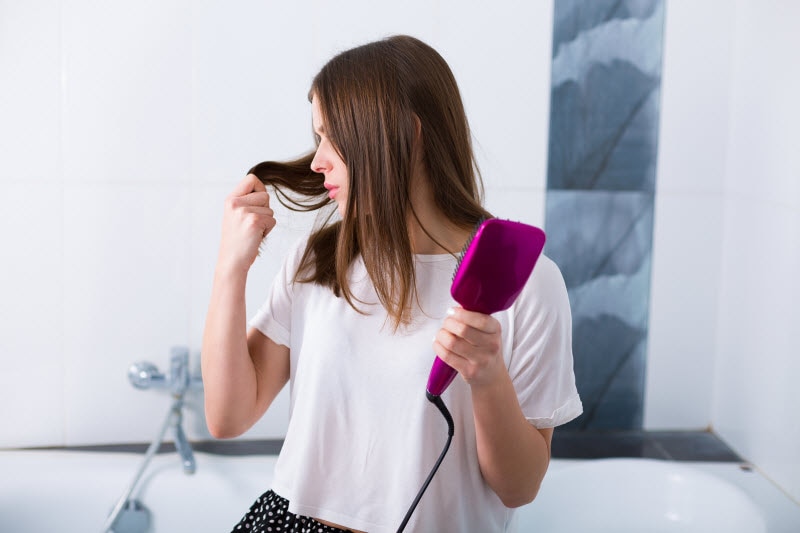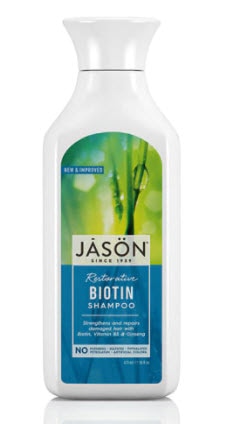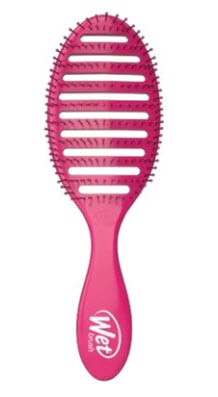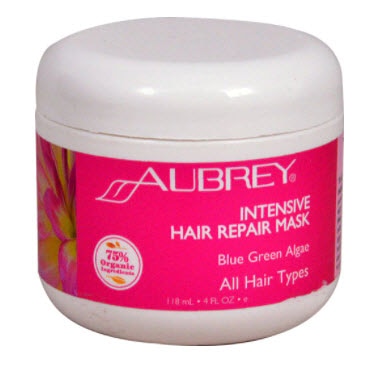Gorgeous hair is always a plus, but strong hair is a necessity. Besides looking less-than-ideal, when hair is thin, weak or flat-out damaged, it could be a sign that something’s awry with your health. Just like other parts of our bodies, hair needs the right nutrients in order to thrive. Also, if you want your hair to be healthy, shiny and smooth, you’ll want to put some effort into everyday care.
How to stop hair breakage
If you notice that your hair is breaking off or you’re finding strands in your hairbrush or scattered all over the bathroom sink, you may want to investigate the reason why it’s happening.
You can always chat with a hairstylist — they’ll be able to offer solutions for styling and guidance for how often to come in for a trim. Here are a few reasons your hair may be breaking, and what to do about it.
Overexposure to harsh weather
Believe it or not, weather conditions can cause hair breakage. “Cold temperatures during winter cause lack of moisture in the air, which can be harsh on your hair and may cause your tresses to become dry and brittle,” says NY-based hairstylist, Kali Ferrara.
“If you have split ends, this means that your ends have been too dry for a long period of time,” she says. Hair becomes so brittle that it starts to break away from itself.
Split ends aren’t just a winter problem. In the summertime, one of the biggest hazards to hair is overexposure to the sun. One way to protect your hair and avoid damage is to wear a hat.
But the best way to prevent hair breakage and damage from weather conditions is to consistently get your ends trimmed. “I recommend regular trims every 8 to 10 weeks, as the trim will remove any split ends that may be forming before they can lead to breakage,” Ferrara says.
Not eating a nutritious diet
If you’re not eating enough healthy fats, biotin and other B vitamins, as well as vitamin D and zinc, in particular, you’re missing out on nutrients that stimulate and support hair growth. The vitamins and nutrients are crucial for strong strands, so if your diet is lacking, your hair may become fragile and thin.
Aim to supplement with biotin, zinc and vitamin D, and be sure to include foods in your diet that are good sources of these nutrients. Nuts and seeds, avocado, shellfish and seafood (along with fortified products) are all excellent options. Work on integrating them into each meal of the day and in your snacks.
Not getting enough protein
In addition to the nutrients just mentioned, protein is essential for maintaining strong, healthy hair. Your hair, much like your muscles, needs protein for building and regrowth – especially when it’s been damaged.
Include chicken, lean beef, eggs, nuts and seeds, avocado, legumes and beans, tofu, and fish in your diet to ensure adequate protein intake daily. If you’re vegan, tofu and edamame, as well as beans and legumes, are good choices. Try to squeeze in some protein at snack time, too.
Styling too often with heat
Flat irons and curling irons damage hair. If you wash or style your hair daily or brush your hair too often (or aggressively!), damaged hair will break into pieces. One solution is to use a heat-protecting spray or leave-in formula before using these tools. And try making treatment masks at home using nourishing ingredients such as almond oil, avocado, olive oil, banana, egg yolk and honey.
“DIY hair masks made from household products can absolutely help support hair growth and combat dryness of the hair and scalp, lack of luster, and breakage,” Ferrara says.




